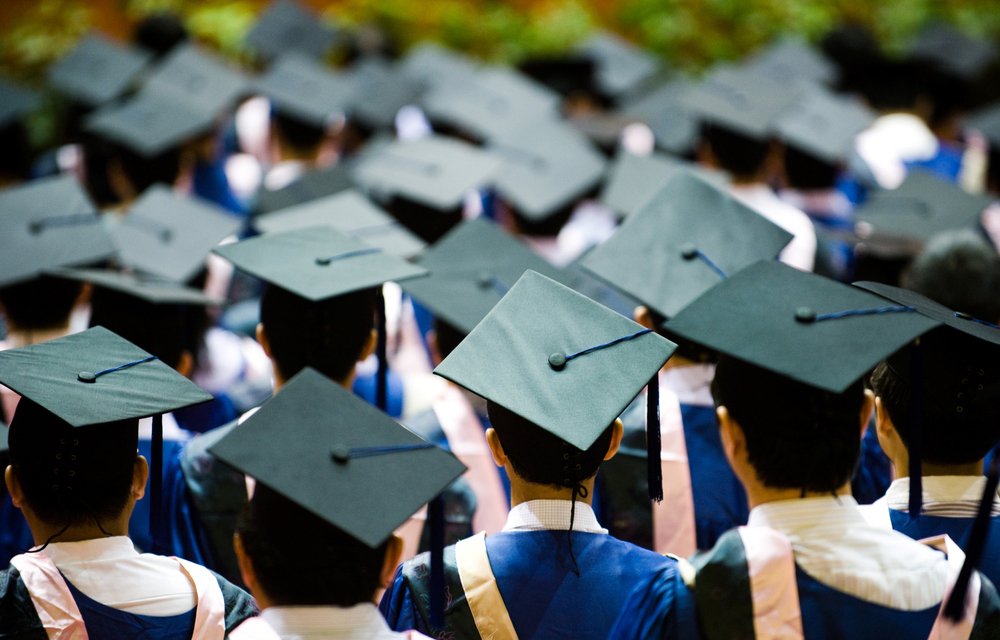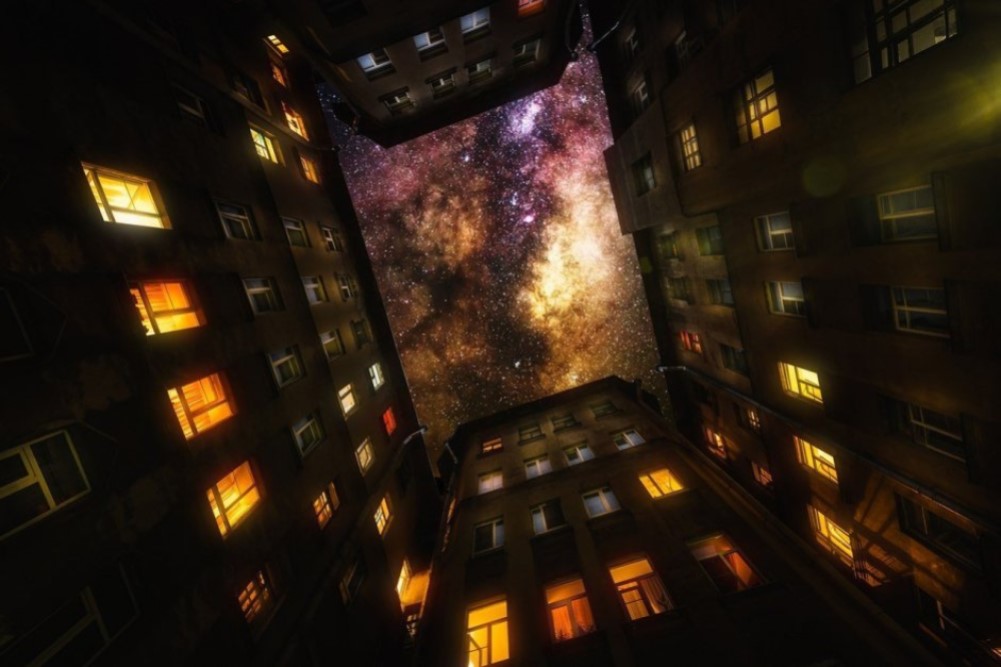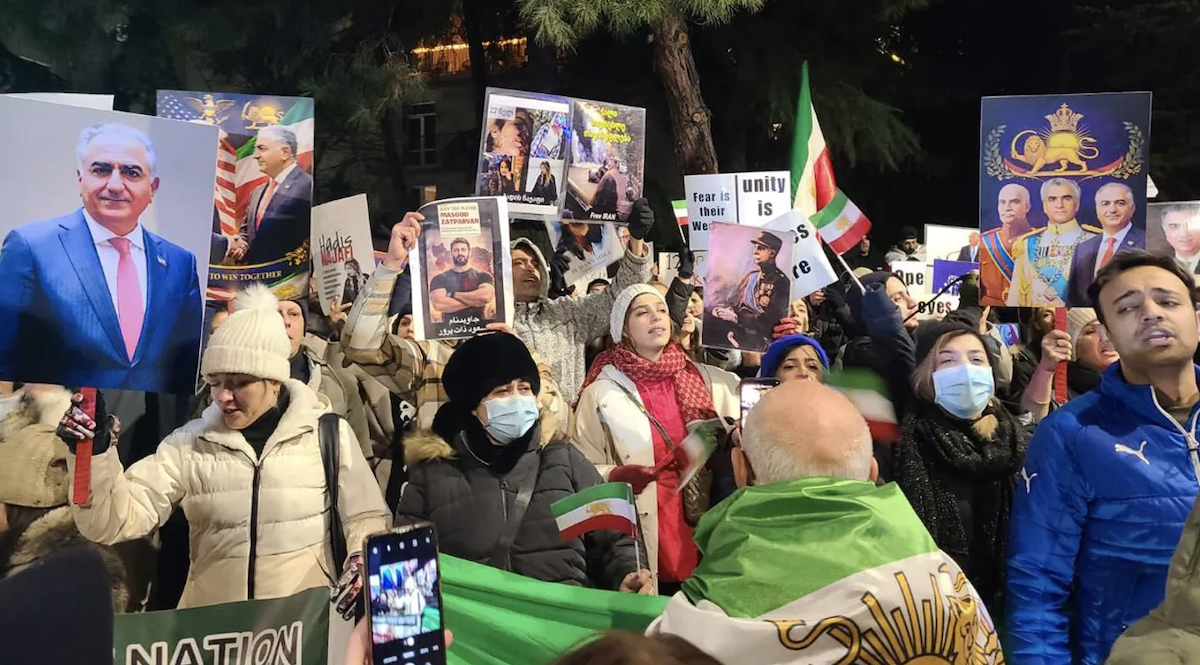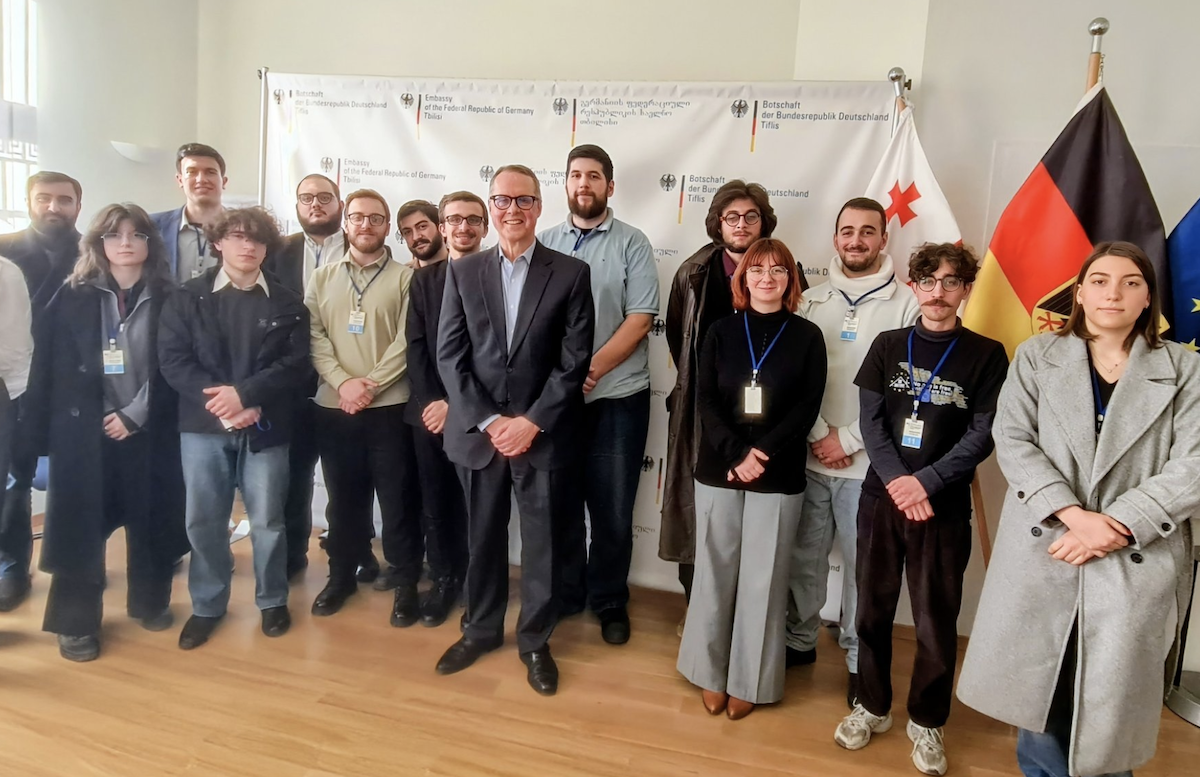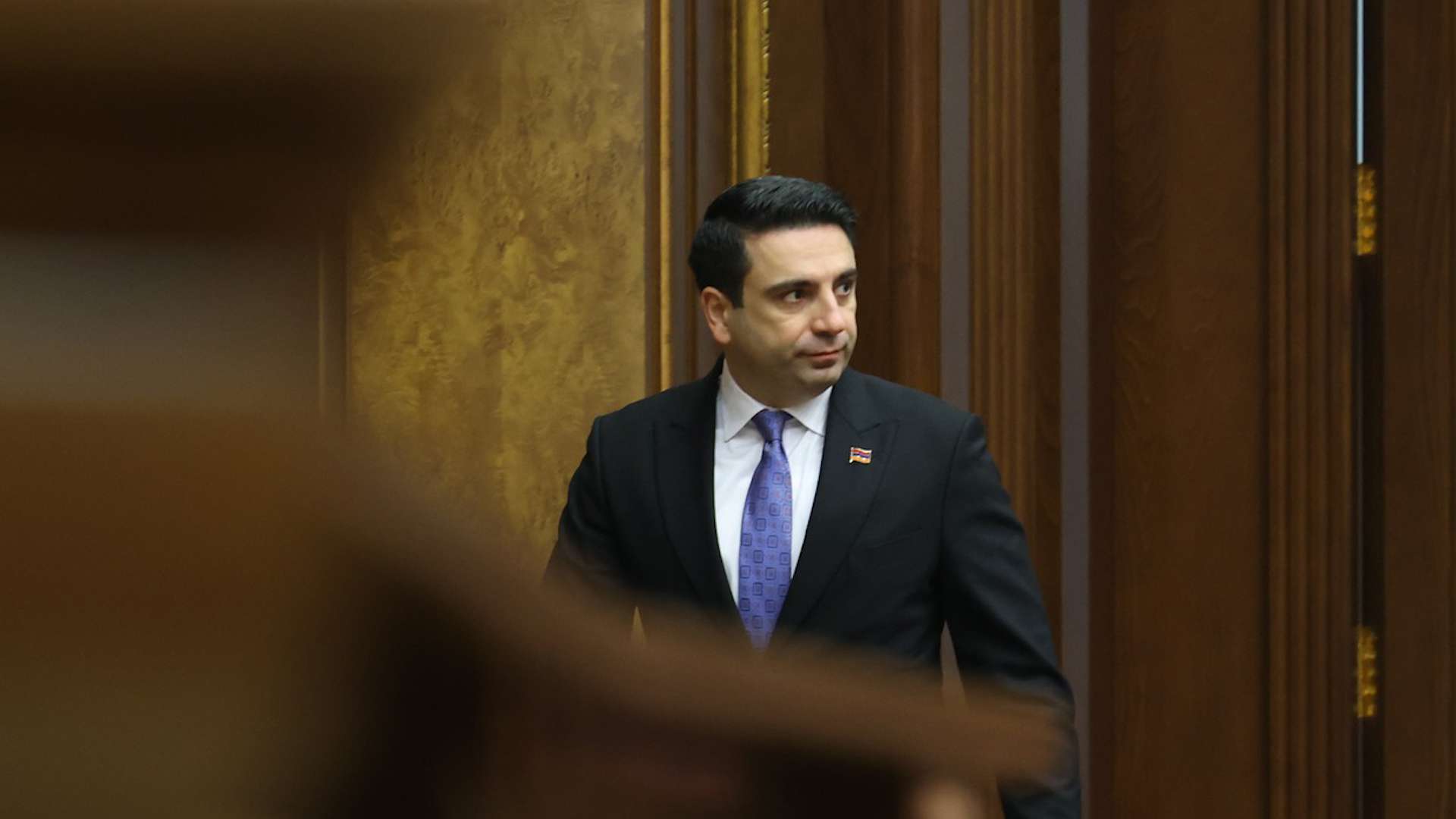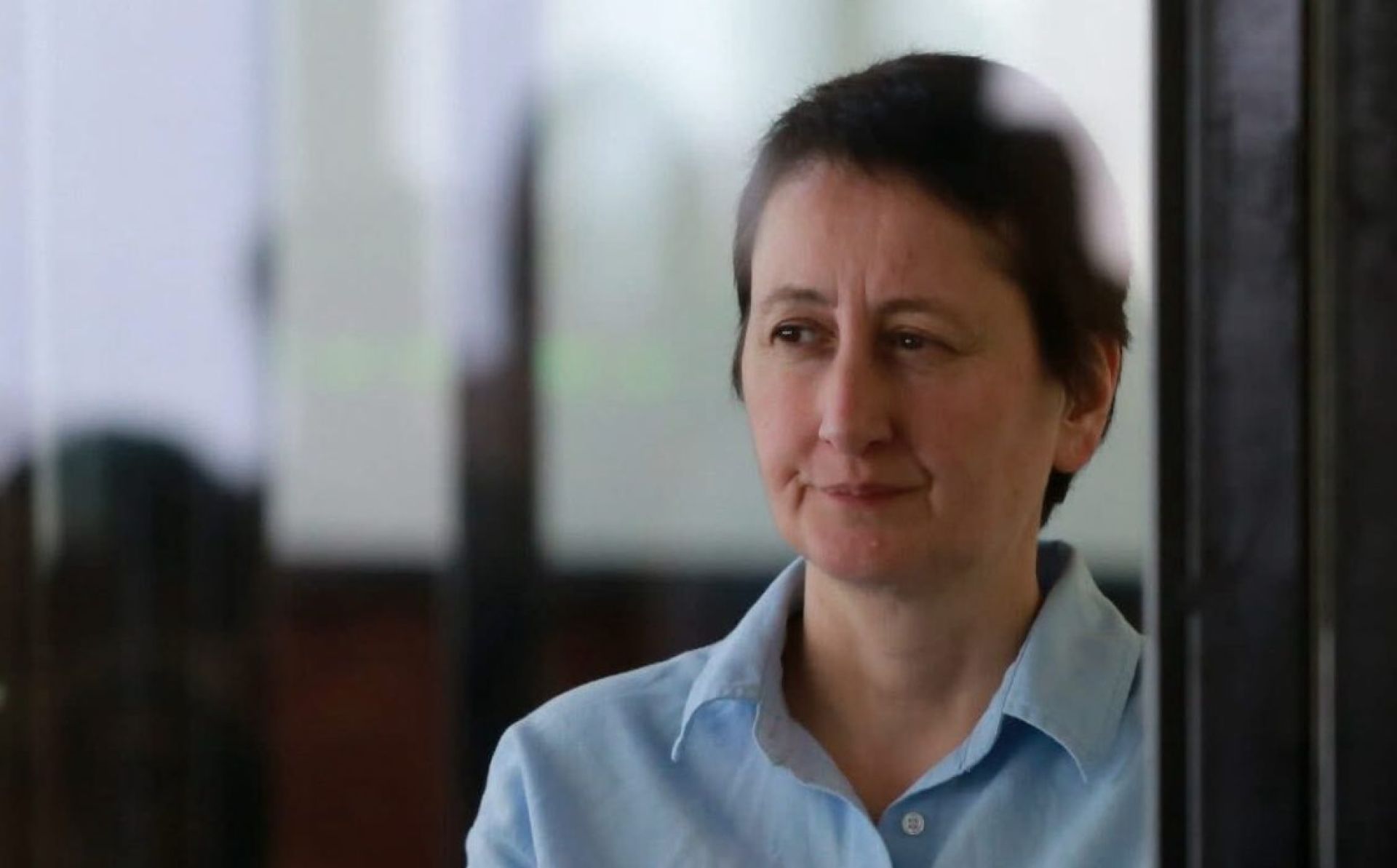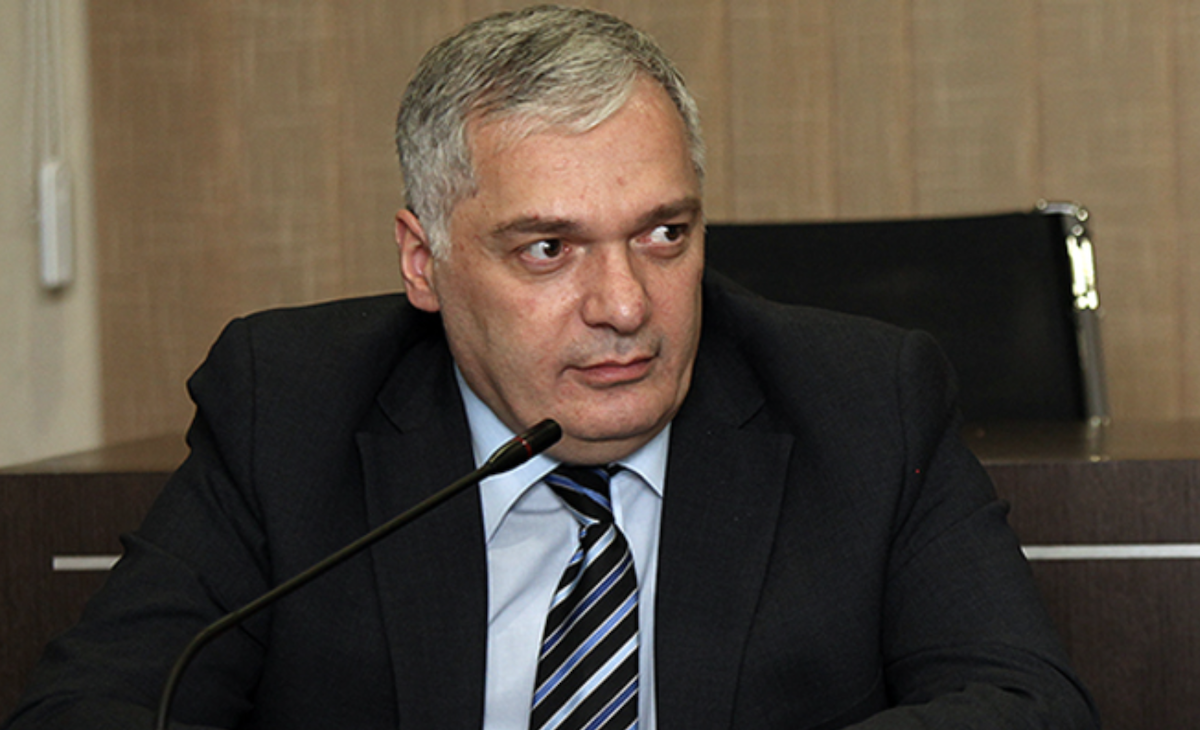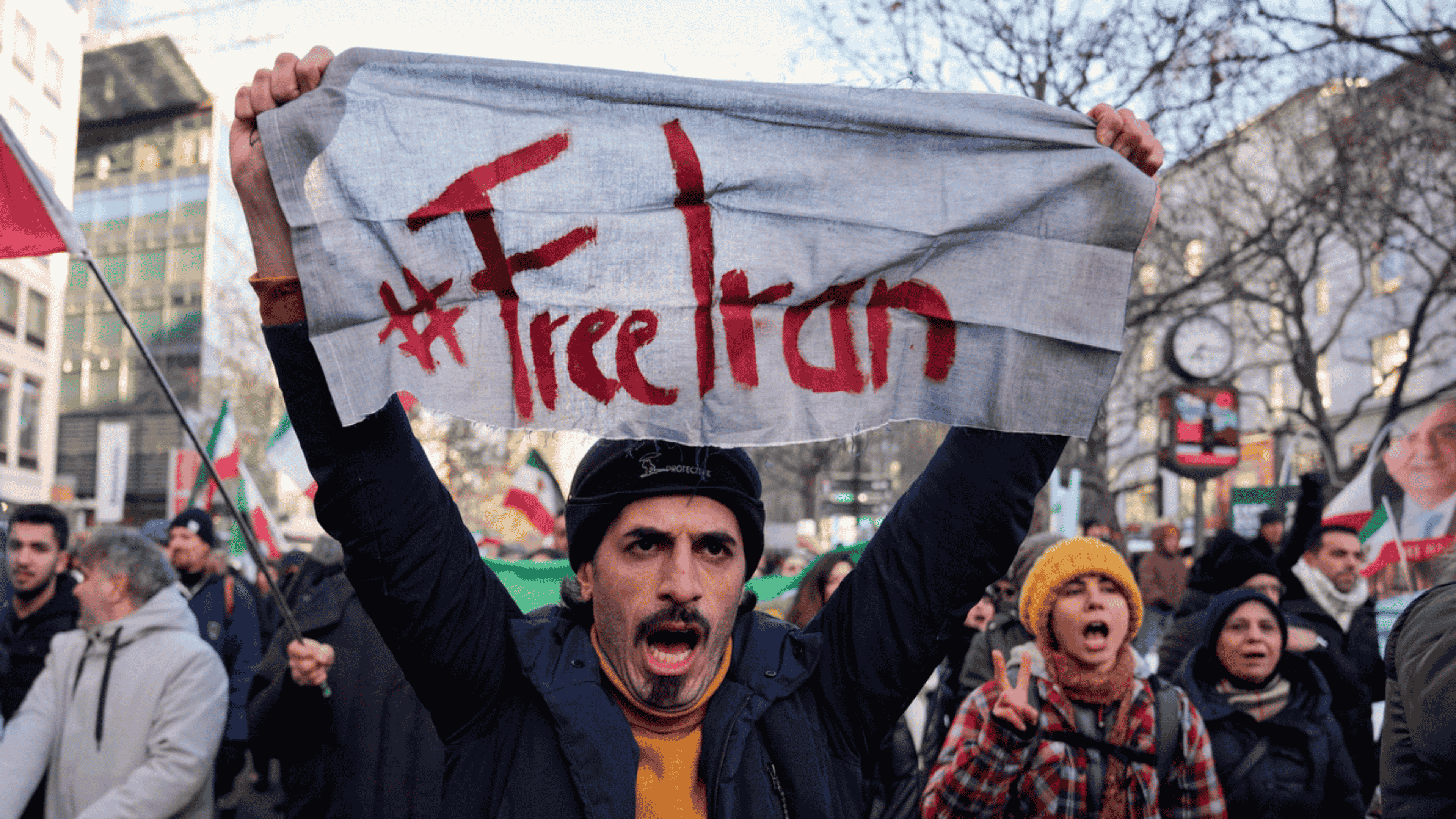Former president of Armenia remanded for ‘overthrowing the constitutional order’

A Yerevan court has remanded former president of Armenia, Robert Kocharyan, into custody on charges of ‘overthrowing the constitutional order’, which refers to the events of 1-2 March 2008.
The request for Kocharyan’s remandment was made by the Special Investigation Service and examined on 26 July by a Yerevan court, whose decision was announced only late last night in the early hours of 28 July.
Background
After the presidential elections on 19 February 2008, supporters of the first president of Armenia, Levon Ter-Petrosyan, demanded that the election results be re-examined. They asserted that Levon Ter-Petrosyan had won, while the authorities claimed Serzh Sargsyan had emerged the victor.
Thousands of people stood on Yerevan’s downtown Freedom Square for ten days, demonstrating around the clock.
On 1 March, military weaponry was used against demonstrators while the police attempted to disperse the crowds. Eight civilians and two police officers died.
The president of the country at the time was Robert Kocharyan who imposed a state of emergency. The army entered the city, as did heavy military equipment. Over the past ten years, the events of 1 March have not been properly investigated. According to the Central Election Commission, Serzh Sargsyan was elected president. However, he had not assumed office at that time.
The reaction of political forces in Armenia
The possible remandment of Robert Kocharyan elicited strong reactions from several political forces in the country.
The former ruling Republican Party published the following message:
“The accusations that have been put forth leave the impression of political persecution, and from a judicial standpoint, [they] are absurd. This criminal case which has been launched on political grounds and the accusations that have been put forward are putting the constitutional order of Armenia under threat.”
Republican Party representative and former minister of justice of Armenia David Harutyunyan said that the constitution at that point in time allowed the president to impose a state of emergency and to use force against perceived dangers against the government.
The accusation against Kocharyan is that force was not used against an external enemy, but against the public.
Harutyunyan says that danger can be both internal and external, and that the current Armenian law ‘On the legal policy of the state of emergency’, which received a positive assessment from the Venice Commission of the Parliamentary Assembly of the Council of Europe, confirms this.
David Harutyunyan also stated that the current constitution forbids the persecution of a president for exercising their powers, even after their vacating the office.
The Dashnaktsutyun party also supported Robert Kocharyan. In a party message, the accusations against him are portrayed as political persecution.
Why are the authorities being accused of political persecution
Prime Minister Nikol Pashinyan, who came to power in Armenia as a result of the ‘velvet revolution’ of spring 2018, has long advocated for a proper investigation into the events of 1 March, dating back to his days before becoming PM.
During the presidential elections of 2008, Nikol Pashinyan represented the interests of presidential candidate Levon Ter-Petrosyan. After the tragic events of 1 March, Pashinyan went into hiding for one year and four months because of accusations against him of ‘organising mass riots’.
On 1 July 2010, he voluntarily turned himself in at the prosecutor’s office. He was arrested and sentenced to seven years. One year and 11 months later, he was released in an act of amnesty dedicated to the 20 years of Armenian independence. The opposition at the time asserted that the authorities had been forced to release him under pressure of international forces.
Who supports the accusations against Kocharyan?
Complete support for the current processes has been expressed by the party of the first president of Armenia Levon Ter-Petrosyan, the Armenian National Congress.
It was, after all, the supporters of Ter-Petrosyan who held the protest demonstrations at the end of the elections and demanded that the results be re-examined, and who were later repressed.
“This decision is historic in the sense that the Armenian nation is receiving justice. For me, the attitude of the parents of the victims of the 1 March events was always very important. After the good news, I called them, and we congratulated one another,” the VP of the party, Aram Manukyan, said.
Facebook users are also expressing their happiness at the news and congratulating one another.
On 26 July, Robert Kocharyan appeared in front of the Special Investigation Service, where he had been summoned as a witness in the 1 March case. However, immediately upon his appearance, he was charged.
After coming out of the building of the Special Investigation Service, Kocharyan spoke to Yerevan TV company ‘Erkir media’. He stated that he believes that the case has been fabricated against him and is political persecution:
“This is a dangerous moment for the country. This is a bomb, tucked away between the principles of statehood. The legal system is in jeopardy. I will go to prison, but I will fight until the end.”










